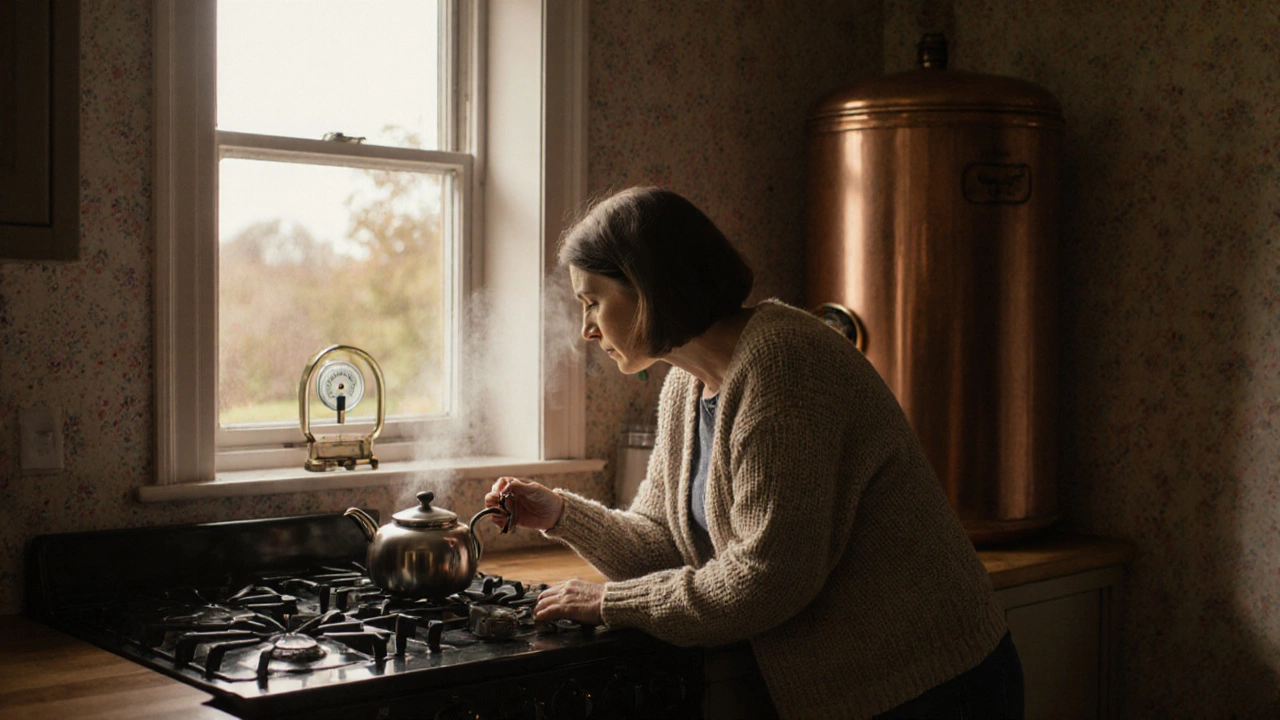When the heat goes off, the first thing you wonder is what kind of boiler you have and if it’s the right one. There are a handful of common designs, each with its own strengths and quirks. Knowing the basics helps you avoid costly repairs and choose upgrades that actually make sense for your house.
Combi boiler – Short for “combined,” this unit heats water on demand and provides central heating from the same core. No storage tank, no extra cylinders. It’s a space‑saver and works great for small to medium homes that don’t need a lot of hot water at once.
System boiler – This model still needs a hot‑water cylinder, but the boiler itself contains the main heating components. It’s easier to fit than a regular boiler because the pump and expansion vessel stay inside the unit. Ideal for homes with multiple bathrooms.
Regular (or heat‑only) boiler – The classic set‑up with a separate cylinder, tank, and pipework. You’ll see it in older houses. It gives consistent pressure and can handle several showers running together, but it takes up more space and requires more plumbing.
Condensing boiler – Not a separate type, but a technology that can be added to combi, system, or regular boilers. It extracts extra heat from exhaust gases, boosting efficiency by up to 10 %. If you want lower bills, look for the “condensing” label.
Electric boiler – Runs on electricity instead of gas or oil. It’s compact and can fit in apartments, but the running cost is higher unless you have cheap off‑peak rates or renewable power.
Start with your home’s size and hot‑water demand. A single‑storey bungalow with one bathroom usually gets away with a combi boiler. A larger family house with three or more bathrooms often needs a system or regular boiler to keep the water flowing.
Check your fuel supply. If you have a gas line, gas‑powered boilers are usually cheaper to run. If you’re on a rural property with oil delivery, an oil boiler might be the only option. For eco‑conscious owners, electric or hybrid models are worth a look.
Think about space. A combi boiler fits in a cupboard; a regular boiler needs a whole cupboard for the cylinder and pipework. If you’re tight on room, combi or condensing electric models are the go‑to choices.
Efficiency matters for your wallet. Look for the ENERGY STAR label or a rating of A or better. A high‑efficiency condensing boiler can shave dozens of pounds off your annual heating bill.
Finally, factor in maintenance. All boilers need an annual service, but system and regular boilers have more components that can wear out. If you want the simplest upkeep, a combi boiler wins.
Our tag page pulls together articles that dig deeper into boiler safety, repair times, and warning signs. Check out posts like “How Long Does It Really Take to Fix a Boiler?” and “When Should I Worry About My Boiler?” for real‑world tips that match the boiler type you choose.
Bottom line: No single boiler fits every house. Match the type to your space, hot‑water habits, fuel availability, and budget. When you pick the right one, you’ll enjoy steady heat, fewer breakdowns, and lower energy bills.
Posted by
Orin Trask
0 Comments

Discover how long boilers typically last, the factors that affect their longevity, maintenance tricks to extend life, and when to replace them.
read more